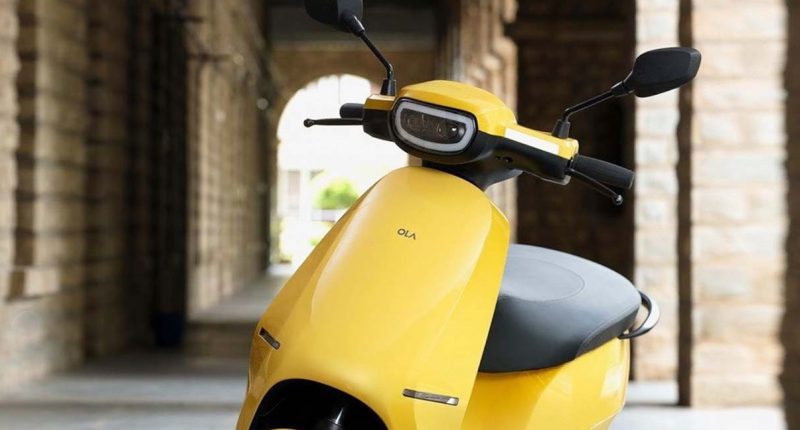Recent weeks have been hard ones for EV enthusiasts in India, something that can be attributed to several electric scooters catching fire. This has hit India’s EV ambitions and industry (which is set to be valued at nearly $15 billion by 2027) hard as Indians have become increasingly wary of purchasing electric vehicles.
While Nitin Gadkari — India’s transport minister — did advise escooter makers to recall faulty scooter batches, a formal investigation had been launched, initial results of which are reportedly out. According to a Reuters report, Govt’s initial assessment says faulty battery cells and modules were most likely behind these scooters catching fire on their own.
The incidents of electric scooters catching fire have resulted in severe casualties – a father and his daughter passed away in March due to inhalation of smoke after their e-bike caught fire while it was charging overnight at home.
Another time, an Ola Electric scooter caught fire in Pune, something that saw Ola recall a batch of 1,441 scooters following an investigation into the vehicle fires. Okinawa Autotech similarly recalled 3,215 units of its PraisePro electric scooters to fix battery-related issues.
Additionally, some 40 two-wheelers made by Jitendra EV had caught fire while being transported.
To root out the cause of these fires (and put an end to them), Road Transport and Highways Secretary Giridhar Aramane said they would be looking into each and every incident, including all the “problems and the procurement, design, management, operations, manufacturing of the batteries, and electric vehicles.”
It seems that the investigation probed into the fiery instances involving three companies – including Ola Electric, in whose case both the battery cells and the battery management system were found to be issues. For further checks, the government has taken samples of cells from all the three companies, the other two being Okinawa and PureEV. Ola Electric uses batter cells from LG in its scooters.
Issues with Okinawa’s cells and battery modules and PureEV’s battery casing have been identified.
With early findings of the investigation coming in, the government may also plan on installing a mandatory battery-cells testing process, before these scooters are offered to the public. However, India currently lacks infrastructure to do that scale, something that the Govt. is looking to now develop.
The Tech Portal is published by Blue Box Media Private Limited. Our investors have no influence over our reporting. Read our full Ownership and Funding Disclosure →





